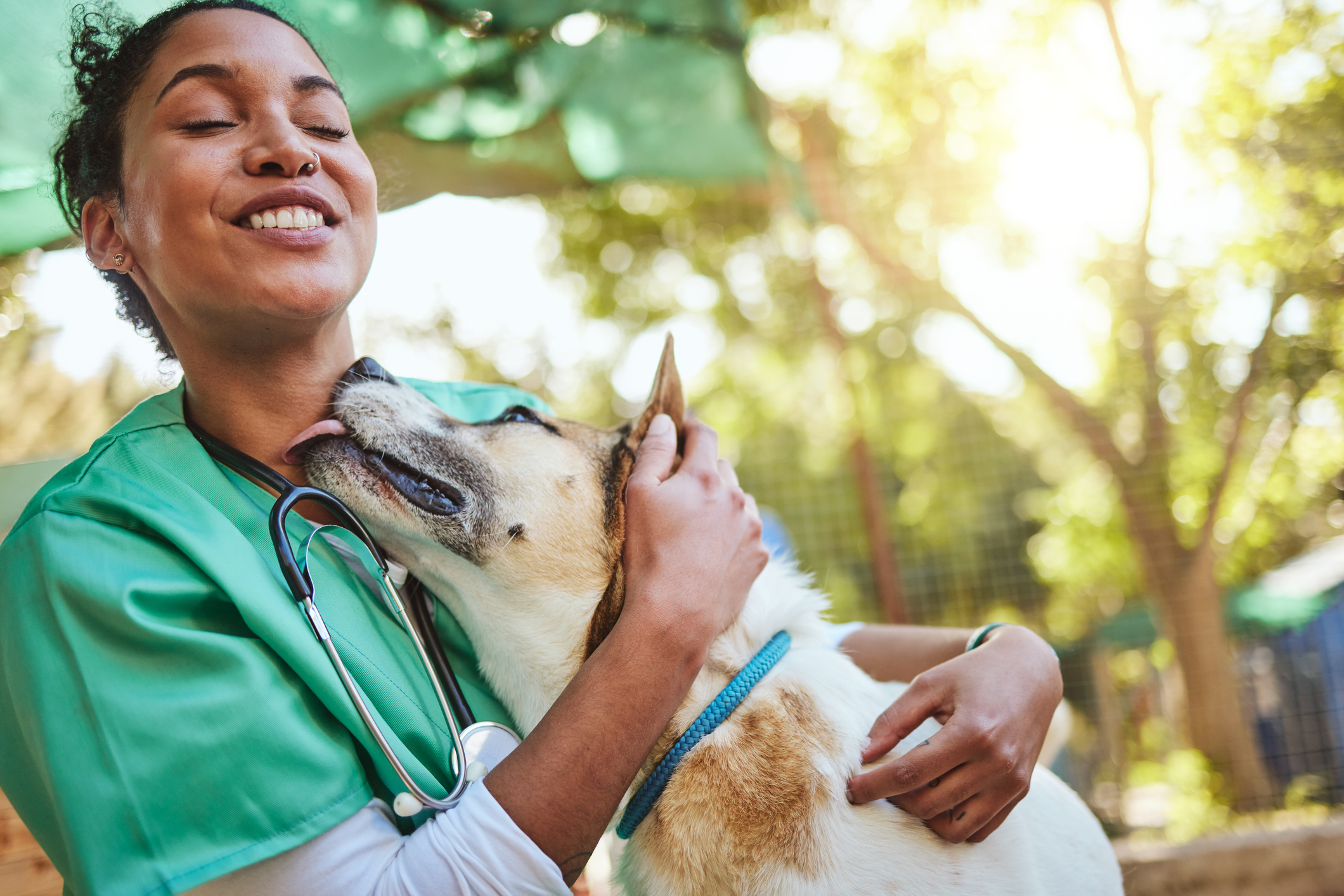Vaccination Guidelines From Your Relied On Vet
Vaccination standards supplied by your relied on vet play a crucial duty in guarding your pet's wellness and well-being. Additionally, addressing common misunderstandings surrounding vaccinations can further enhance animal owners' confidence in these preventive procedures.

Value of Inoculations
Vaccinations play an essential duty in guarding pet dogs versus a series of avoidable illness. By boosting the immune system to acknowledge and combat certain microorganisms, injections dramatically reduce the occurrence of contagious illness that can influence a family pet's health and durability. Not only do vaccinations secure private pets, yet they likewise add to herd immunity, consequently decreasing the total prevalence of illness in the family pet populace.
Prompt inoculations assist to reduce the spread of illness such as rabies, parvovirus, and distemper, which can have severe effects for both human beings and animals. Furthermore, vaccinations are usually a demand for boarding centers, brushing solutions, and dog parks, making them essential for those who desire to socialize their animals.

Core Vaccinations for Pet Dogs
While the specific inoculation needs of pet dogs can differ based on individual variables, core vaccines are globally suggested to shield against one of the most severe and common diseases (Emergency Vet). Core injections are those considered necessary for all animals, no matter their way of life or geographic area, as they guard against possibly deadly and highly contagious ailments
For dogs, the core vaccinations include those for canine distemper, parvovirus, adenovirus (liver disease), and rabies. Canine distemper is a viral disease that impacts the respiratory system, gastrointestinal, and nerves. Parvovirus is known for causing extreme intestinal illness, particularly in young puppies. Adenovirus can cause liver illness, while rabies is a zoonotic condition that positions a threat to both people and pets.
In felines, core vaccines include feline panleukopenia, feline calicivirus, feline herpesvirus (rhinotracheitis), and rabies. Feline panleukopenia is a highly contagious viral condition that impacts the body immune system and intestines. Calicivirus and herpesvirus are significant factors to upper breathing infections in pet cats, while rabies remains an important problem for public health and wellness.
Seek advice from your vet to ensure your animals get their core inoculations on routine.
Non-Core Vaccines Explained
Non-core vaccines are customized to attend to certain risks connected with a pet dog's lifestyle, environment, and direct exposure to specific diseases. Unlike core vaccines, which are widely recommended for all pets, non-core injections are taken into consideration based upon individual situations. These vaccines are especially essential for pet dogs that might run into special pathogens as a result of their geographical area, travel practices, or activities.
Instances of non-core injections consist of those for Bordetella bronchiseptica, which is linked to kennel cough, and Lyme condition, triggered by ticks. Family pets that regularly connect with various other pets, such as those in boarding facilities, canine parks, or grooming over here settings, might benefit from Bordetella vaccination. Likewise, if you reside in an area where Lyme disease is widespread, vaccinating versus this illness can be a prudent choice for outdoor-loving dogs.
Other non-core vaccines may consist of those for leptospirosis, canine influenza, and feline leukemia, relying on the specific threat elements existing. It is important to have an extensive discussion with your vet about your pet's lifestyle and the prospective requirement for these vaccinations, ensuring a tailored inoculation approach that ideal safeguards your fuzzy friend.
Vaccination Set Up Overview

As pet dogs mature, it is necessary to follow the recommended booster inoculations. Pet Vaccinations. For adult pets, core vaccines are normally given each to 3 years, depending on the certain vaccination and regional policies. Non-core vaccinations may be encouraged based upon way of living factors and regional disease frequency, demanding a customized method
Routine vet check-ups are essential for upgrading inoculation timetables. Your veterinarian can offer support on one of the most ideal booster shots for your animal, factoring in age, wellness status, and ecological risks. By remaining positive and educated, pet owners can guarantee their hairy buddies receive timely and effective inoculations, consequently guarding their health and wellness throughout their lives.
Usual Misconceptions Concerning Vaccines
Misconceptions concerning animal inoculations can lead to confusion and reluctance amongst pet owners relating to the immunization procedure. One widespread misconception is that vaccinations are unnecessary for interior pets. While it holds true that indoor pet dogs deal with lower dangers, they are not entirely unsusceptible to illness, as microorganisms can be presented through various methods, including human garments and various other pets.
An additional misunderstanding is that vaccinations can cause the diseases they aim to prevent. In truth, the majority of vaccines consist of inactivated or undermined pathogens, which can not create disease informative post in healthy and balanced pets. Some animal proprietors also believe that their pets should not be immunized if they are currently healthy and balanced; however, vaccinations are discover here a proactive procedure that aids prevent the beginning of disease.
Additionally, many animal proprietors fear that injections will certainly lead to long-lasting health and wellness complications. The benefits of vaccination-- safeguarding pet dogs from potentially deadly diseases-- far surpass the dangers.
Verdict
In recap, adherence to vaccination guidelines is important for ensuring the health and wellness and long life of animals. Core injections offer necessary security against severe illness, while non-core injections resolve particular risks based upon specific way of lives. Developing a comprehensive inoculation routine, together with regular veterinary examinations, helps with ideal health administration. Dispelling common misconceptions surrounding vaccinations further strengthens the significance of notified decision-making in pet care. Inevitably, a proactive method to vaccinations is important for keeping pet wellness.
Not just do inoculations shield individual pets, but they likewise add to herd immunity, therefore minimizing the general occurrence of conditions in the pet dog populace.
Misconceptions concerning pet inoculations can lead to complication and hesitation among pet owners pertaining to the booster shot process. While it's true that interior pets deal with reduced dangers, they are not entirely immune to conditions, as virus can be presented through various ways, consisting of human garments and various other family pets.
Some animal owners likewise think that their pets need to not be vaccinated if they are currently healthy; nevertheless, inoculations are a positive action that aids protect against the beginning of health problem.
The advantages of inoculation-- shielding family pets from potentially serious illness-- far exceed the dangers.